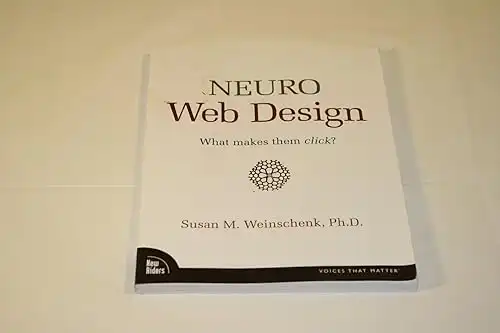Collecting Visitor Info: Reward vs. Reciprocity
Many of us work with websites that depend on collecting user information – lead generation sites, charity sites, etc. Often, these sites have information useful to those visitors. The knee-jerk reaction is often, “Force them to give up their info before we show them the good stuff.” If there’s a search engine optimization person helping with the site, the immediate objection will be, “You can’t put your best content behind a registration form – it won’t get indexed by Google or even linked to, and your traffic will tank!”
The good news is that there’s a strategy that will keep BOTH the SEOs and the numbers people happy.
Reciprocity Beats Reward
Requiring a user to give up his info before viewing good content is a reward strategy – give us your info, and we’ll reward you by letting you see our wonderful content. This is an appealing strategy at first glance – 100% of the people who use the content will have completed the form, and the information should be a powerful motivator for visitors to proceed.
In fact, most users confronted with a form won’t complete it. If they arrived at the site looking for some specific information, they will likely hit the back button and see if they can access it without the aggravation of form completion and without the risk of getting spammed later. (Of course, if all the good content is locked away behind a login, the number of free visitors arriving by clicking on organic search results will be a lot lower anyway.)
It turns out that a reciprocity strategy works better – give them the info they want, and then ask for their information. In the impressively titled Embedded Persuasive Strategies to Obtain Visitors’ Data: Comparing Reward and Reciprocity in an Amateur, Knowledge-Based Website, Gamberini et al found that twice as many visitors gave up their information if they were able to access the information first. It’s counterintuitive, perhaps, but even though these visitors were under no obligation to complete the form, they converted at double the rate of visitors seeing the “mandatory” form.
Not Just for Form Completion
The neuromarketing takeaway here is that if you invoke reciprocity, you’ll be working with the way our brains are wired and will be more likely to get your visitors to do what you want them to. (And, as an added bonus, your SEO guy will be happy that along with your visitors, Google will be able to see your content, too!)

